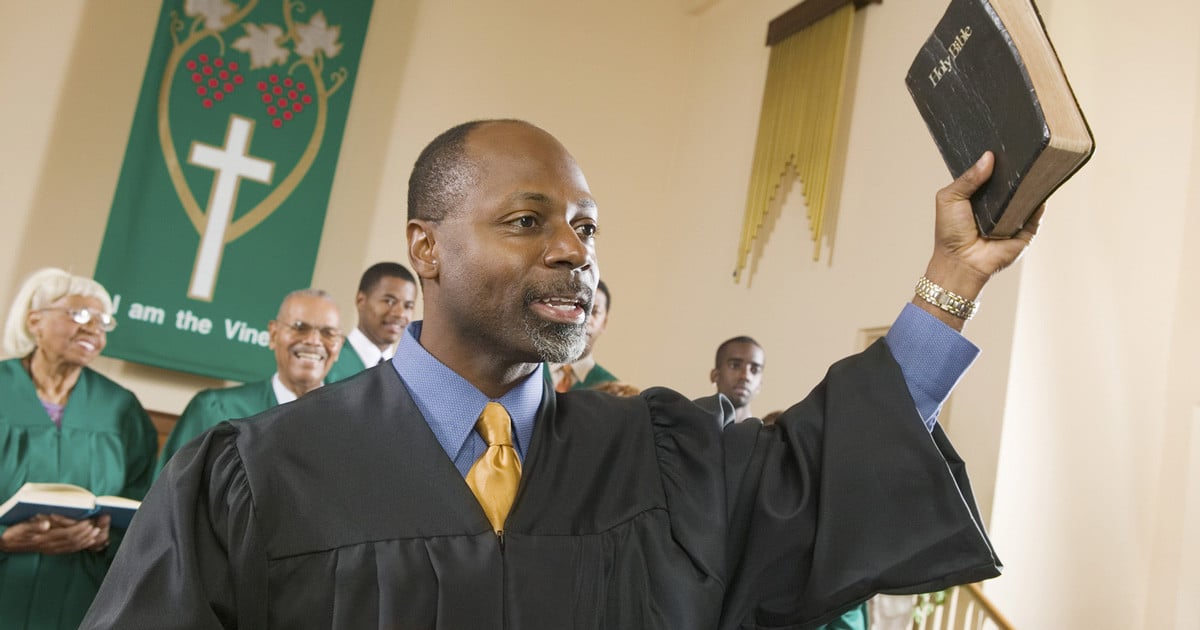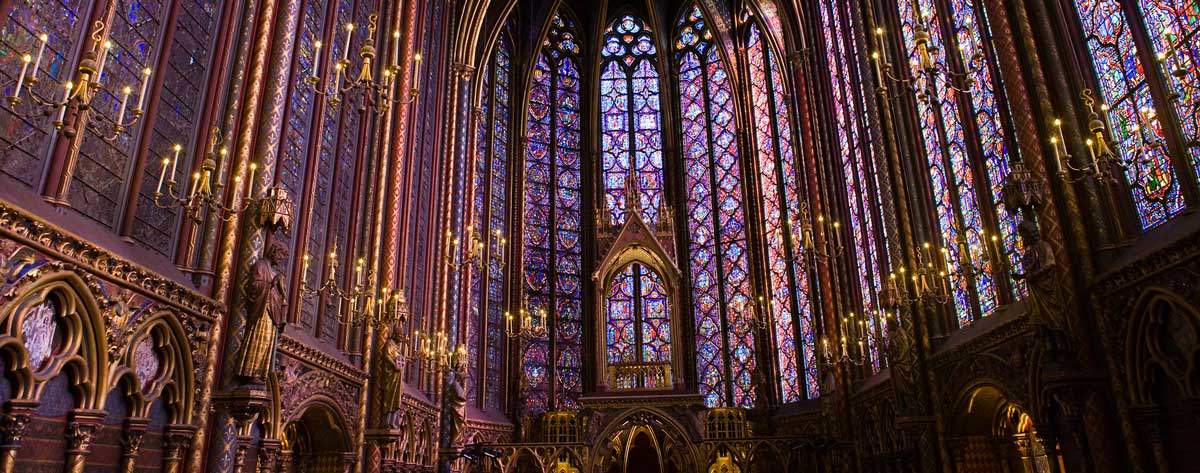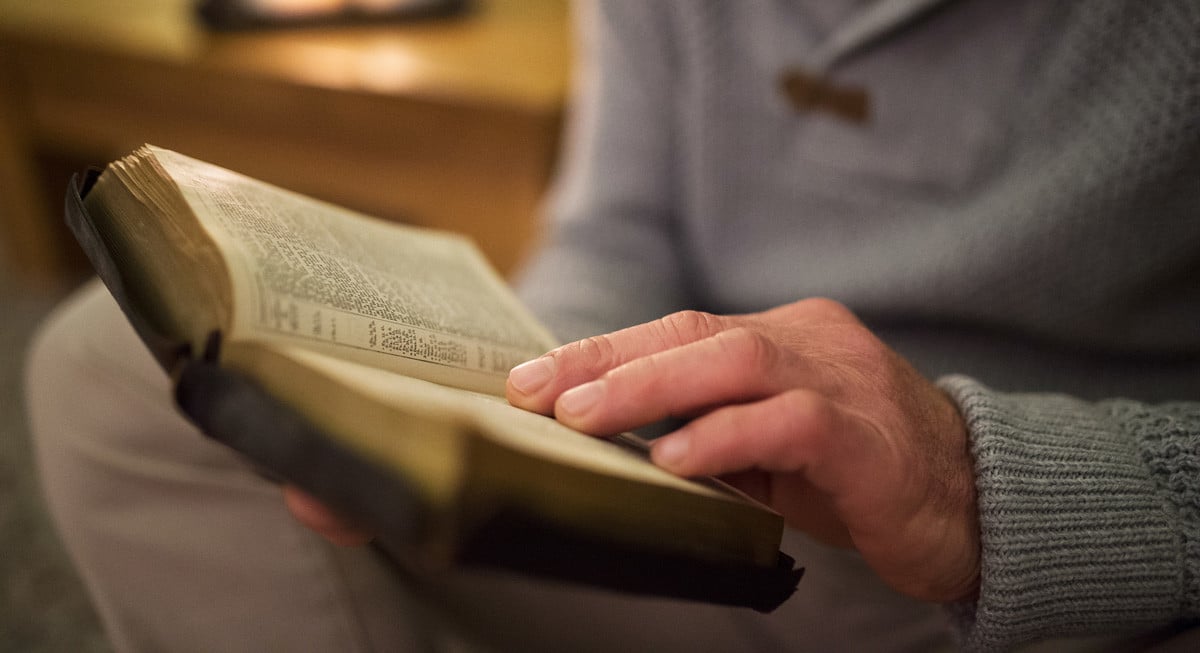Theology is the investigation of God’s character and interactions with us and our world, summarizing and systematizing what we can know both through creational and redemptive revelation. The course provides an overview of the topics revelation, scripture, the attributes and Trinitarian character of God, creation, evil, and the nature of humanity both as created and after the fall into sin. The companion course, Theology 2, focuses on the person and work of Jesus, the nature of salvation, the church and its ministries, evangelism and social witness, and our eschatological hope. Together these courses survey the primary topics that make up Christian theology.
SESSION 1 – Introduction to Worldview and Revelation Key Idea: We are all seeking meaning, and express this in “worldviews” and “theologies” which summarize our values and understandings; Christians believe God revealed truth about these things in both creation (general revelation) and scripture (redemptive revelation). SESSION 2 – Understanding God Key Idea: While we are able to know about God through the grandeur and power of nature (creational revelation), the character and saving initiatives of God are accessed only through scripture (redemptive revelation); scripture is the result of God’s intentional activity to preserve a written record of God’s redemptive work through ancient Israel, Jesus, and the apostolic church. SESSION 3 – Knowing God, and Thus Knowing Ourselves Better Key Idea: Just as we can never fully know another person, so we can never fully know God; but the things we do learn about God we call “attributes” of God’s character or aspects of God’s person. Because we share some of these “attributes”, having been made by God in God’s likeness and image, we call such attributes “communicable”; of course, since God is God and we are not God, there are dimensions to God’s being and character that transcend our limitations, and these we identify as God’s “incommunicable” attributes. SESSION 4 – Perceiving God’s Trinitarian Identity Key Idea: Perhaps the most amazing thing we learn about God from God’s self-revelation is that the one creator God exists as a community of three persons, revealed to us as the Father, the Son and the Spirit. We meet God in this manner through the biblical unfolding of redemptive history: Israel knows the one, transcendent God; when Jesus enters Jewish society, it soon becomes clear that he is also fully God; and at Pentecost, the Holy Spirit uniquely empowers the church as the living presence of God. While it is difficult to explain this one- God/three-Persons understanding of God, two teaching analogies (the psychological and the sociological) have been very helpful. SESSION 5 – The Divine Community Key Idea: While the one God exists as three persons who are each fully divine and equal in communal identity, each Trinitarian person has a unique role in the divine relationship with humanity: the Father is known primarily as creator and sustainer of the universe; the Son is known primarily as the redeemer of humanity and Lord of life; the Holy Spirit is known primarily as sanctifier of sinful human hearts and sustainer of Christian community and witness. SESSION 6 – This Good Creation Key Idea: The creation stories in Genesis have been subject to a lot of debate and argument. Yet even within the biblical world, they were a missional statement about God and the nature of reality. So it is important to understand the worldview that they present, in distinction from other worldviews of that time or today. If we understand God’s intent in creating this world, we begin to appreciate more deeply our value as humans, the depth of evil’s impact on our world, and the great desire of God to redeem and reconcile fallen humanity. SESSION 7 – Whence Evil? Key Idea: No one can argue that evil does not exist. The great challenge for biblical religion is explaining how it can be accounted for in a world created perfectly by a good and all-powerful God. While we might wish for more information about the origins of evil, we are given, instead, a story of divine redemption that acknowledges the reality of sin and corruption without ever fully explaining how it actually came about. But the message of the Bible is clear in saying that evil is an intrusion, it is linked to rebellion against God, it has devastatingly compromised both the human identity and world history, and that God has begun a process of overturning its power and restoring righteousness everywhere. SESSION 8 – Civil War in the Universe Key Idea: Evil is a given in our world. It is seen in various forms: personified as “the Devil” or “Satan” or “the Evil One”; active in the spiritual dimension of reality as demons and evil spirits; shaping the dark side of culture in the forces of society known as principalities and powers; and expressed individually in the sinful actions and evil intentions of each human person. Earth has become a battleground between God and goodness, on the one hand, and Satan and evil on the other. This warfare brought Jesus into our world to decisively win the victory for heaven; nevertheless skirmishes and combat linger, with the church and the “saints of God” continuing to champion for the good. SESSION 10 – Human Corruption Key Idea: While our first parents were created without sin, through their rebellion against God the subsequent human race has become corrupted and we are all born inherently sinful, alienated from God’s righteousness. This means that we do not simply have corrupt moments because we now and again do bad things, but rather that we do bad things regularly because we are intrinsically sinful creatures. What we need is not merely the ability for ourselves or someone else to pay for or help us avoid doing bad things, but rather a complete renewal of our personhood, brought about by divine redemption and restoration. -All Rights Reserved. Use only by Permission.
